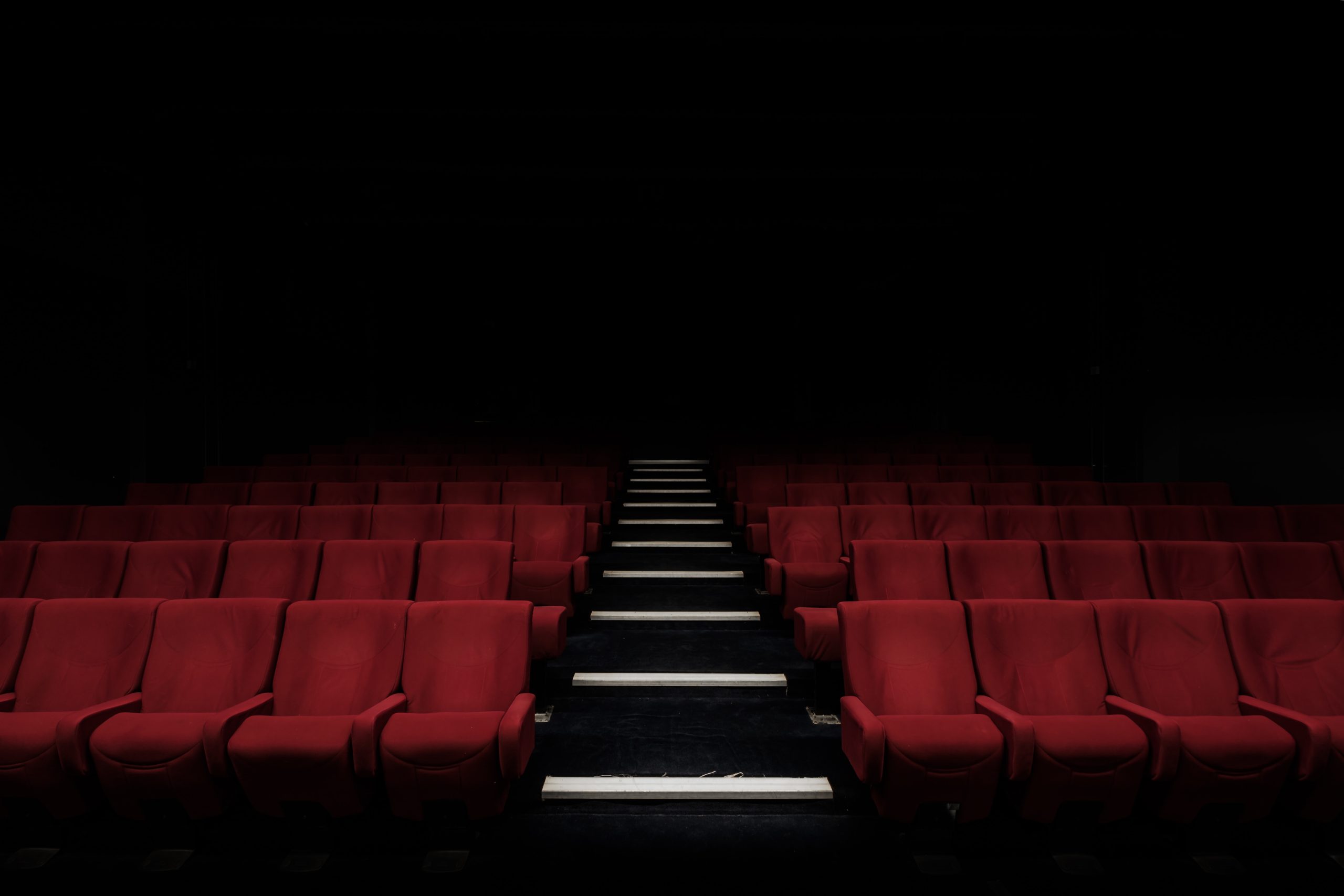Here is the rewritten text:
In the world of New Jersey politics, few figures are as formidable as Loretta Weinberg, who served in the state Senate from 2009-2022. A champion of marriage equality, reproductive freedom, and the law to ban smoking in bars and restaurants, Weinberg’s impact on the state’s political landscape is undeniable. Her daughter, Francine Graff, has now chronicled her mother’s remarkable life story in the documentary “Politics Is a Mother, Raising Hell is Part of the Job.”
Graff, a veteran TV producer and director, first started working on the documentary when she was about five or six years old. She was keenly aware of how different her mother was from the other suburban moms in Teaneck, New Jersey. “She did not take me to the park after school or lead a Girl Scout Troop or attend PTA meetings,” Graff recalled over Zoom from her home in Culver, California.
Weinberg, who joined the Board of Directors at Horizon Blue Cross Blue Shield of New Jersey after retiring from public office, remains firmly committed to her civic activism. “I got politically involved in the 1960s because of all the issues I was passionate about,” she said. “I wish I could take an antidote for it, but I have never lost my passion for the issues that will continue to exist in my lifetime, Francine’s, yours, and my grandchildren’s.”
Weinberg’s legacy is that of a determined reformer who refuses to remain silent and unseen in the often-nasty world of regional politics. Her ultimate goal is to inspire others to get involved, to use their voices to effect positive change. “If you want to be a grandmother with grandchildren, go for it,” she said. “But if you are called to do something, get in the game because the world needs you.”
The documentary is not just a love letter to Graff’s mother, but a love letter to women everywhere. “We’re not invisible,” Graff said. “We have a voice. If you want to be a grandmother with grandchildren, go for it. But if you are called to do something, get in the game because the world needs you.”
Loretta Weinberg has always been driven by her Jewish values, and she credits her late husband, Irwin, with being her greatest support system. “He had no bucket list,” she said. “He only wanted to live the remainder of his life the way he had lived his life up until that point, fully supporting me.”
In her remarkable life journey, Weinberg has faced many challenges, but she has never wavered in her commitment to the causes she believes in. “I was free to come into his room whenever I wanted and talk to his doctors and help him make medical decisions,” she said, reflecting on her experiences with her late husband’s cancer diagnosis. “Then I heard from gay couples who had been together 20-30 years, relationships that lasted longer than many marriages. Unlike my experiences, if their loved ones were in the hospital, they couldn’t walk in and out of the room at any time. And they couldn’t play a role in making medical decisions either. I knew that was wrong.”
For Weinberg, the “personal” dimension is one that women legislators are best suited to bring to the table. “In my experience, men in politics are usually in it for business connections,” she said. “I’m not painting with a broad brush. Many men were my political mentors.” Governor Christie, however, was not one of them. In her view, his bullying tactics and aggressive style set the stage for Donald Trump, and her own relationship with him was strained, to say the least.
“Once when I was on a train coming home from Washington, he was on the same train,” she recalled. “He walked up the aisle to speak to some people seated behind me. He saw me, but chose to ignore me. As he walked past me on the way back, I turned to him and said, ‘You can say hello. I won’t hurt you.’ He stopped abruptly and stared, pointing a finger at me. ‘You!’ he said and after a moment continued walking. I turned to the people behind me and said, ‘See? He’s afraid of girls.'”
In her own line of work, Francine Graff never toyed with the idea of a career in politics, but she does see similarities between her line of work and her mother’s. “In both fields, you need resilience,” she said. “I got that from my mother.”







